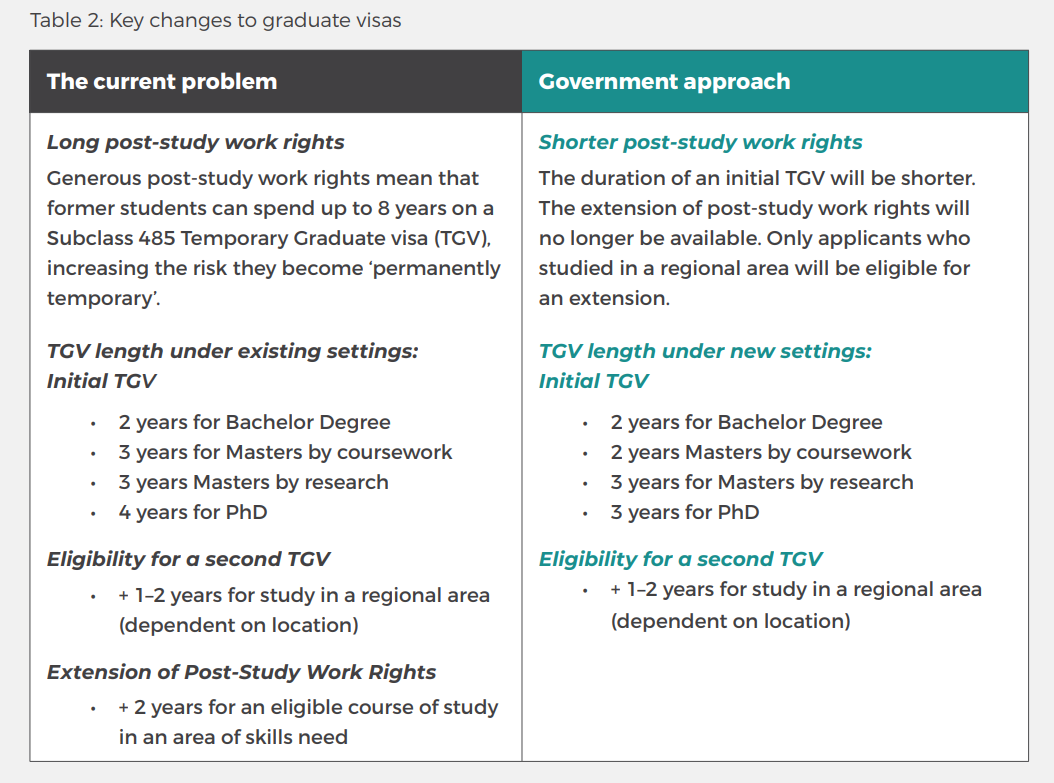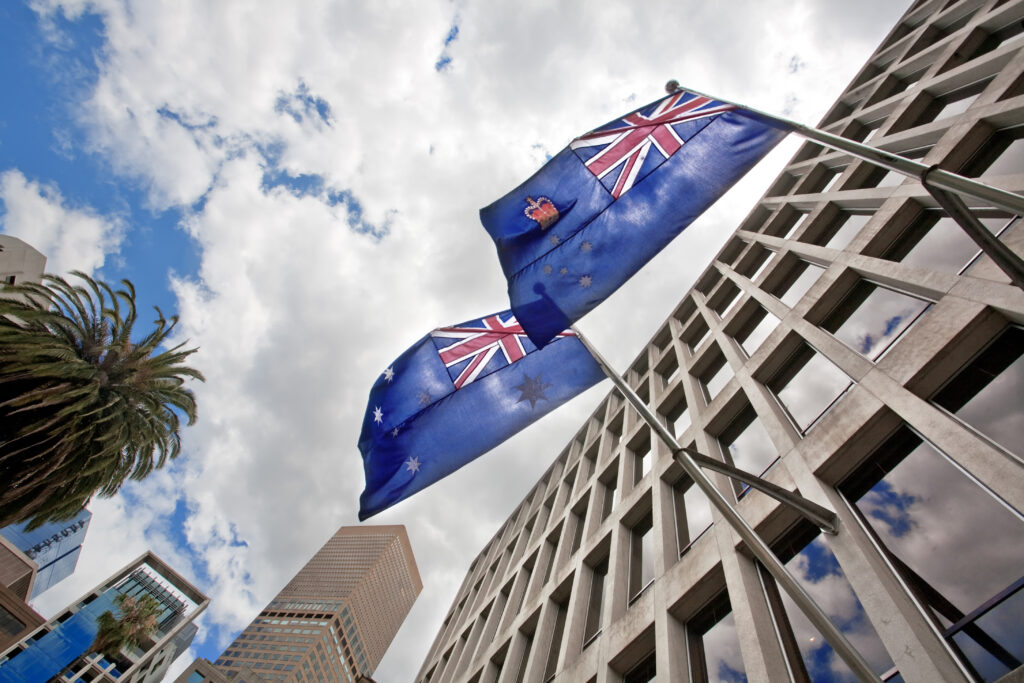Updated on 13 December 2023 – On 11 December 2023, the Australian Government revealed its review of the nation’s migration system, announcing several changes that will predominantly affect international students and skilled migrants.
At a Canberra press conference, Home Affairs Minister Clare O’Neil and Immigration Minister Andrew Giles discussed the changes, which are the government’s response to a review of the migration system conducted earlier this year. The report, spearheaded by Dr Martin Parkinson, called Australia’s migration system “broken, not strategic, expensive and slow” and made many recommendations for fixing its issues.
Now, the government has decided which measures it will use to do exactly that.
Here are a few of the most important takeaways from the press conference, including those directly linked to international students.
@insiderguides Earlier this week, the Australian Government announced some major changes to the country’s migration system. Here are some of the biggest updates for the international student and graduate community in Australia 🇦🇺 #greenscreen #clareoneill #homeaffairs #migration #australianmigration #migratetoaustralia #migrationnewsaustralia #australianvisas #internationalstudentsinaustralia #internationalstudentsaustralia #internationalgraduates ♬ 10 minutes BGM for light training such as yoga(845880) – kakumaru
Australia’s net migration will be halved
In 2022-23, Australia’s migration hit a record high of roughly 510,000 after a lull during COVID-19. The bulk of this surge was attributed to international students.
Moving forward, the government intends to reduce migration to more “sustainable” levels, particularly given Australia’s already tight rental market. Official data shows that migration is projected to fall to roughly 250,000 by 2025.
New English language requirements for international students
The government also intends to increase the minimum scores international students must achieve on English language tests to study in Australia.
According to ABC News, this change will prevent international students from remaining in Australia on a “permanently temporary” basis. However, during today’s press conference, Minister O’Neil emphasised that the change would also help to ensure the success of international students in Australia, highlighting that those with lower levels of English are often at a “much higher risk of exploitation”.
Reduced post-study work rights
Despite introducing extended post-study work rights for Temporary Graduate (subclass 485) visa holders earlier this year, the government will be removing this extension and reducing the duration of initial 485 visas. Those who have completed an eligible course in a regional area will still be permitted to apply for a second 485 visa.

Source: Migration Strategy
The strategy also states that it will lower the maximum age for 485 visa applicants from 50 years old to 35 years old. Additionally, the government intends to clarify processing times for this visa subclass.
A crackdown on visa-hopping and course-hopping
Visa-hopping – which refers to applying for multiple successive temporary visas, rather than going through the process of gaining permanent residency – has become a topic of increased concern for the government earlier this year when it was reported that concurrent study levels had increased.
The concurrent study criterion of student visas allowed international students to undertake additional study alongside their principal course. However, it was revealed that certain students were exploiting this condition, choosing to abandon their primary university courses entirely in favour of more affordable vocational training courses instead – a pattern known as ‘course-hopping’.
To combat these trends, the government will be placing more scrutiny on those applying for second visas. International students applying for a second student visa will be subject to the genuine student test, which will require them to prove that any further education they apply for would advance their professional or academic development.
A brand-new visa subclass
To address Australia’s ongoing skill shortages, the government is introducing a new visa called the Skills in Demand visa. This will replace the existing Temporary Skill Shortage (subclass 482) visa.
There will be three pathways to the four-year visa, with each pathway defined by skill level. These will include:
Specialist skills – Intended to attract highly skilled workers from industries like technology and energy. This pathway will be reserved for professionals earning a minimum of $135,000 per annum. Applicants under this stream will also have their applications expedited; per SBS News, the government aims to have these visas processed within one week on average.
Core skills – Intended to meet the labour market’s needs with a regularly updated occupation list (which will be developed and adapted over time).
Essential skills – Intended to address labour shortages and provide a pathway for those on lower incomes.
Read more:
- Will Australia Cap International Student Numbers? Everything You Need to Know
- Visa News: A New 482 Visa PR Pathway is Coming into Effect
Want to learn more about Australia’s Migration Strategy? Head to the Department of Home Affairs website.





